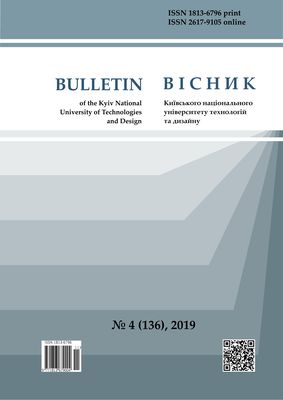ENERGY EFFICIENT OPERATION OF THE LINEAR STEPPER DEVICE
DOI:
https://doi.org/10.30857/1813-6796.2019.4.5Keywords:
linear step device, current form, time interval, energy efficient controlAbstract
Analysis of known approaches and determination of the characteristics of changes in electrical characteristics during the movement of the mobile link of a linear stepper device and the construction of energy-efficient control that control these changes in order to increase the efficiency of their functioning. The theories of electrical circuits and electronic circuits, continuous transformation of Laplace, which takes into account the change in electrical parameters when moving the mobile link of the linear stepping device. Findings.Based on the results of the analysis, it was found that time intervals and changes in theshape of the current in the winding of the linear step device were dependent on the position of the mobile link. The intervals of energy consumption are defined to ensure that the rolling link is moved by the size of the step. It is considered the organization of the control of a linear step device without the use of additional
sensors to monitor the movement of the mobile link in the energy efficient control of the linear step device. Originality. The main approaches to the time intervals for the movement of the mobile link of the linear step device, their dependence on the current form in the winding, found analytical expressions for
their calculation have been defined and analyzed. The ability to organize the work of a linear step device, implementing the control of the mobile link in the form of current in the winding without additional sensors, allows to implement an effective conversion, transmission and distribution of energy in the system еnergy efficient control of a linear step device. Practical value. The results of the research can be used for the creation of new methods that control the shape of the current in the windings of the linear step device without the use of additional sensors of
position, movement and speed, and new schematic solutions of energy efficient control devices for their implementation.
Downloads
Download data is not yet available.
Downloads
Published
2019-11-18
Issue
Section
Mechatronic Systems. Energy Efficiency & Resource Saving

